A hydraulic press is a mechanical device that leverages static pressure from a fluid in a hydraulic press cylinder to exert compressive force on durable materials like metal, plastic, wood, and rubber. The mechanism of this equipment comprises a mainframe, power system, and controls. Hydraulic fluid is propelled into a small cylindrical piston that is forced into a larger piston, which directly returns the fluid to the smaller piston. This continuous process allows for altering mechanical pressure, subsequently transmitted to an anvil. The anvil, in turn, leverages this pressure to stamp, fold, straighten, and bend the target workpiece to any desired shape. They come in assorted variants, including H-frame hydraulic presses, C-frame hydraulic presses, four-column hydraulic presses, horizontal hydraulic presses, hydraulic wheel presses, and straightening hydraulic presses.
Hydraulic press machines can be used in industrial, laboratory, and military environments, among others. Some of the conventional uses of these tools include ceramic manufacturing, concrete testing, laboratory testing, and ammunition compression. In ceramics manufacturing, kilns are used traditionally to fabricate ceramics at over 1800° F. A hydraulic press, on the other hand, utilizes minimal heat and significantly less time to work ceramics into tiles, bricks, and other finished products. Hydraulic presses foster concrete testing by allowing construction engineers to evaluate the tensile strength and behavior of the predefined concrete mixture, which is then adjusted to suit the set standards. Laboratory hydraulic presses foster optimization during production by offering data on the efficacy of production methods and product quality. Laboratory presses are usually compact but versatile enough to complete multiple production functions. In the military space, hydraulic presses help to compress fuel cells and ammunition metals as well as ensure they meet set tolerance and dimension standards. Other applications include steel production, powder compacting, tracks and tire production, and scrap baling.
Durability: Hydraulic presses are designed with longevity in consideration. These devices are designed to perform production functions at set compression capacities that prevent breakdown overworking. This, along with structural integrity, fosters the long-term use of these machines when properly managed. Versatility: Hydraulic presses are functionally flexible, making them ideal for an array of industrial applications. These tools help to compress assorted materials into numerous new structures—from bent to flattened and powdery forms—and, conjunctively, in numerous production testing scenarios, making each variant a powerful compact instrument when a lot has to be done from one place. Cost: As a multipurpose device, a hydraulic press reduces factory expenditure by eliminating the need to purchase other purpose-specific machines, which may require more operators and factory space. Additionally, a hydraulic press is typically robust enough to complete manufacturing processes within brisk work times, making it an ideal all-in-one solution for buyers looking to minimize production bottlenecks. Also, the device parts are typically easier to replace than other heavy-duty factory tools. Noise: Hydraulic presses leverage liquid pressure to compress workpieces, making them one of the least noisy equipment in any factory, as little to no friction is involved in its mechanism. Customization: Thanks to its adaptability, a hydraulic press can be adapted to different factory settings. This could involve adjusting any of its parts, such as the die, stroke speed, process position, or pressure, to streamline the machine's functionalities.



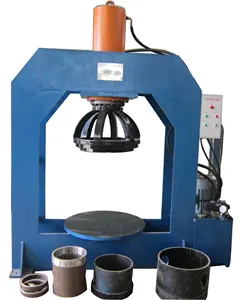


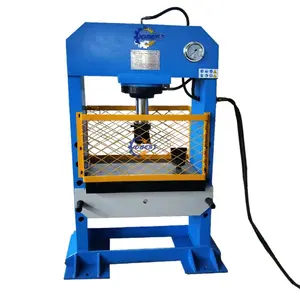







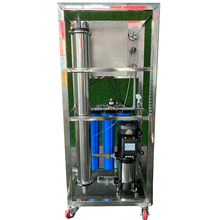

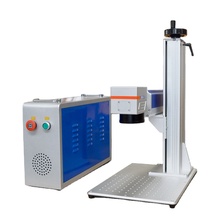

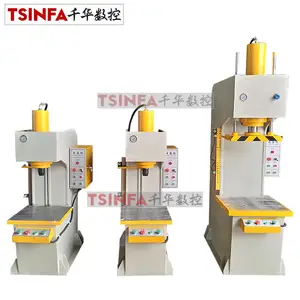
























 浙公网安备 33010002000092号
浙公网安备 33010002000092号 浙B2-20120091-4
浙B2-20120091-4